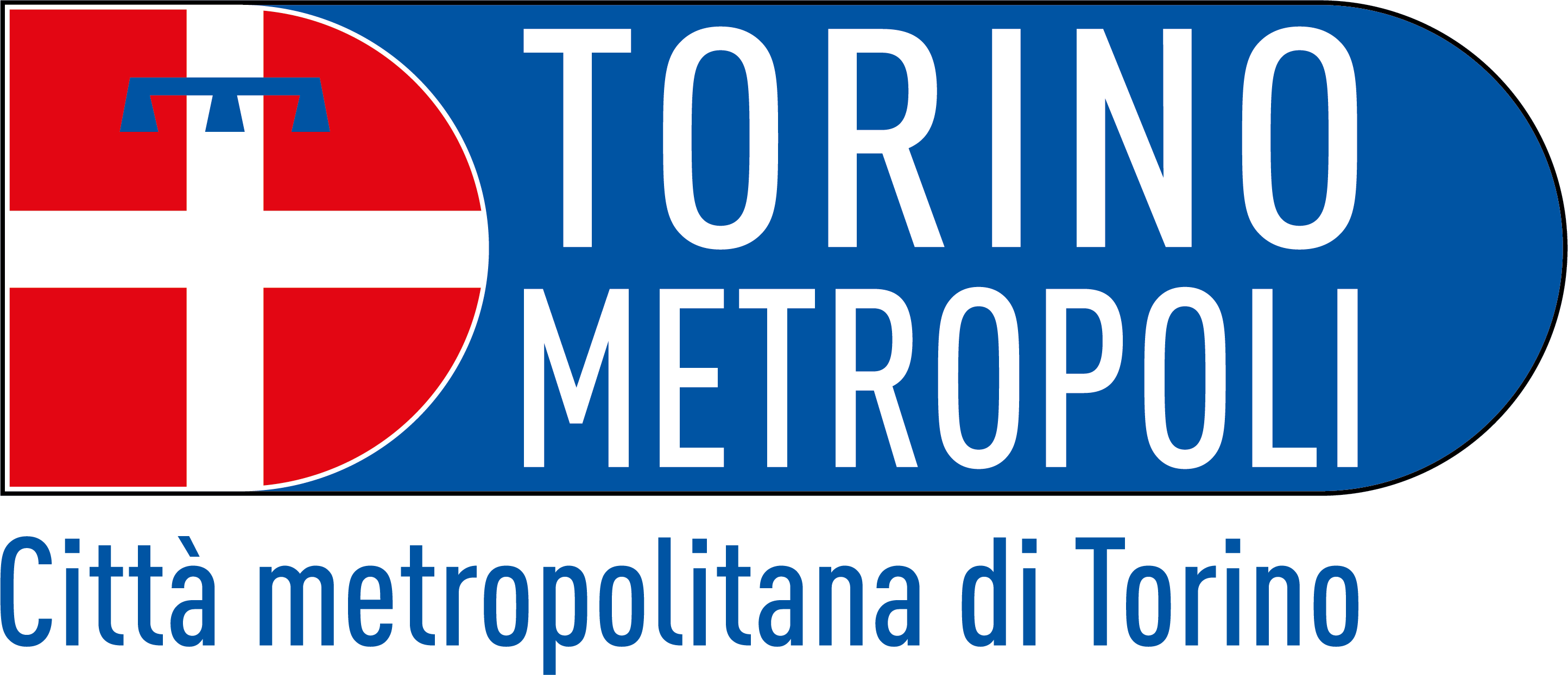After a long period of negotiations, the Presidency of the Council of the European Union, representatives of the European Parliament and representatives of the European Commission have reached a preliminary agreement on a proposal for a regulation concerning packaging waste. This agreement marks an important step forward, proposing concrete measures aimed at reducing the use of unsustainable packaging and promoting more responsible waste management.
The main objective of the regulation is to reduce the environmental impact caused by packaging, encouraging the adoption of more sustainable measures and ensuring higher standards in overall waste management. This result was achieved after a complex negotiation process, which required careful mediation between the various positions and interests at stake.
Now, the text will have to pass the examination of Coreper, the council of permanent representatives of the member states of the European Union, before being definitively approved. Once this stage is passed, the regulation will come into force within 18 months.
The proposed regulation aims for a significant reduction in waste, with a specific goal of reducing plastic packaging by 15% by 2040. This goal focuses on the overall decrease in the amount of plastic packaging used starting 18 months after approval of the regulation, and will be accompanied by intermediate stages: reduction of 5% by 2030 and 10% by 2035.
One of the main provisions of the regulation is the progressive ban on the use of certain types of packaging. From 2030, packaging used for fresh, unprocessed fruit and vegetables will be banned, as will single-use, non-recyclable packaging used in bars and restaurants for condiments, sauces and sugar. Sample doses of personal hygiene products, commonly used in the hotel sector, will also be banned. Furthermore, ultra-light single-use plastic bags will be banned, unless they are strictly necessary for hygiene reasons or as primary packaging for loose foods, in order to prevent food waste.
The regulation also imposes requirements regarding takeaway food and drink services, which must guarantee consumers the possibility of using reusable bottles and containers.
Furthermore, Member States will be required, from 2029, to ensure that 90% of plastic bottles and cans on the market are recycled, through the implementation of collection points for empty containers. To achieve this, deposit schemes will be introduced, encouraging consumers to return containers for recycling. Exceptions are foreseen for states that have already implemented efficient collection systems and for those that will achieve a separate collection rate above 80% by 2026, provided they present a credible plan to reach 90%.
Packaging production and the management of resulting waste is a vitally important sector, with the potential to become a driving force for a more sustainable and circular Europe, if managed properly. This is especially true if we consider that, despite an increase in the percentage of recycled waste, the growth rate of waste derived from packaging far exceeds the quantity recycled. Over the past decade, we have seen a 25% increase in packaging waste, with a further expected growth of 19% by 2030 unless decisive action is taken.
It is therefore clear that the measures taken by the European Union and the measures it will implement in the future will be crucial to avoid worrying consequences for the environment and society as a whole.
Lorenzo Nigro
Read also
Agreement reached on the Packaging Regulation (Polimerica)
EEB on the new EU packaging regulation: "The exclusion of paper and cardboard packaging is good but regrettable" (Eco dalle Città)
